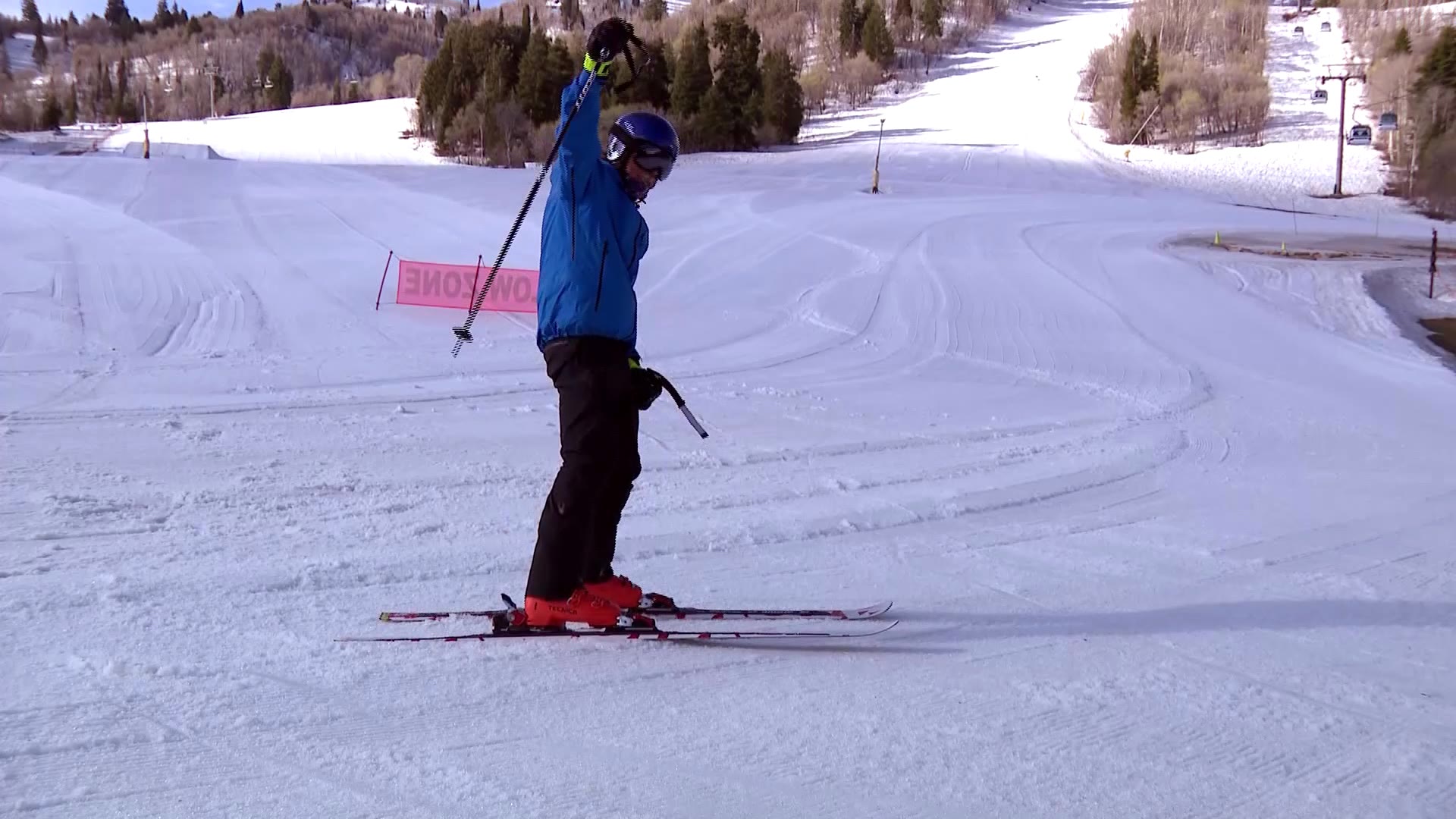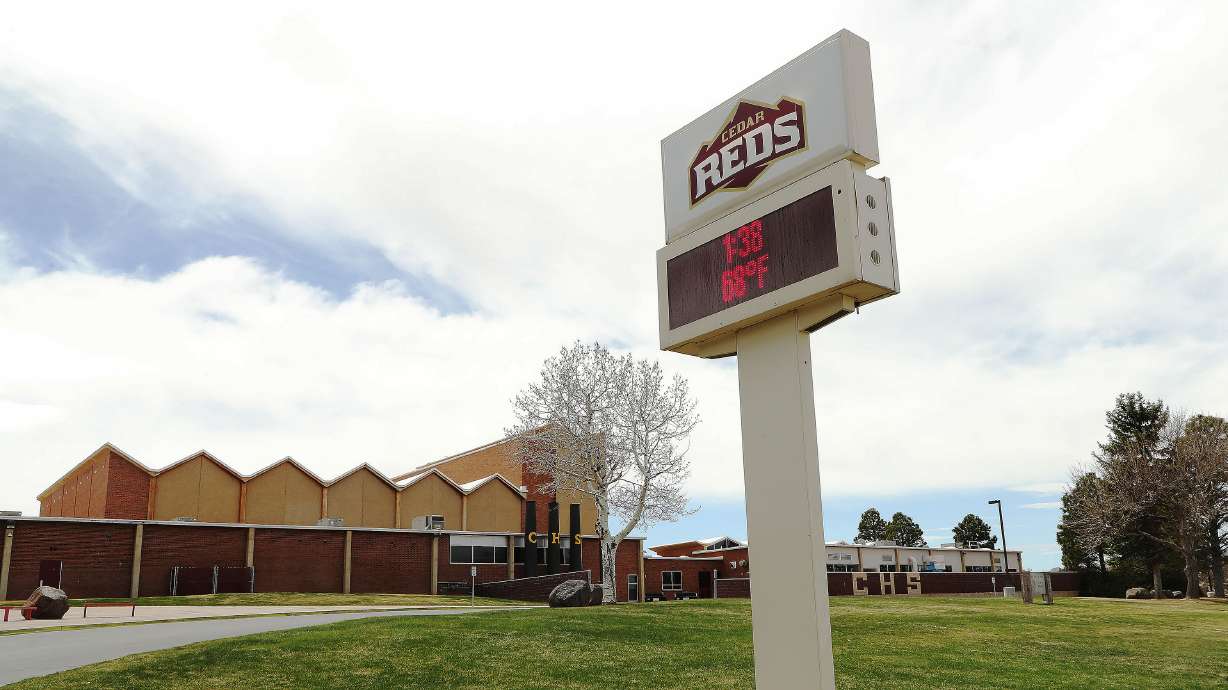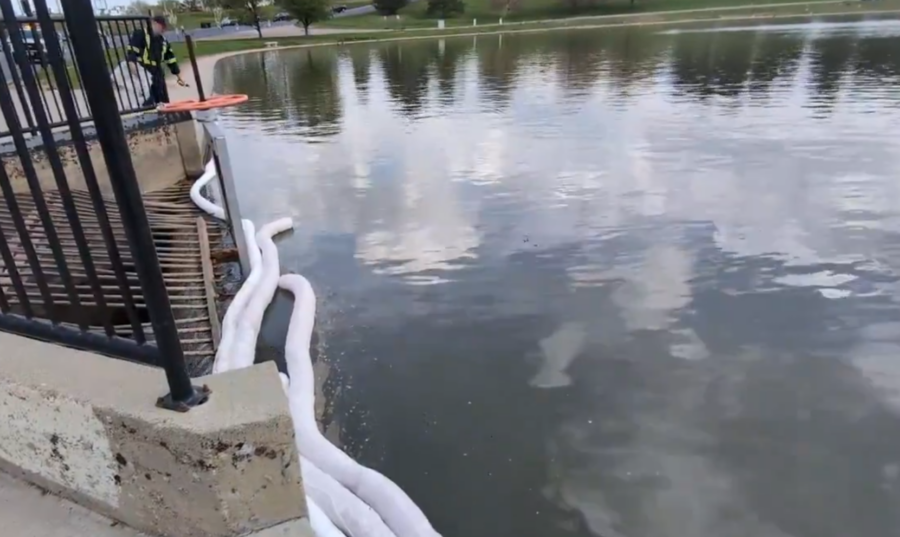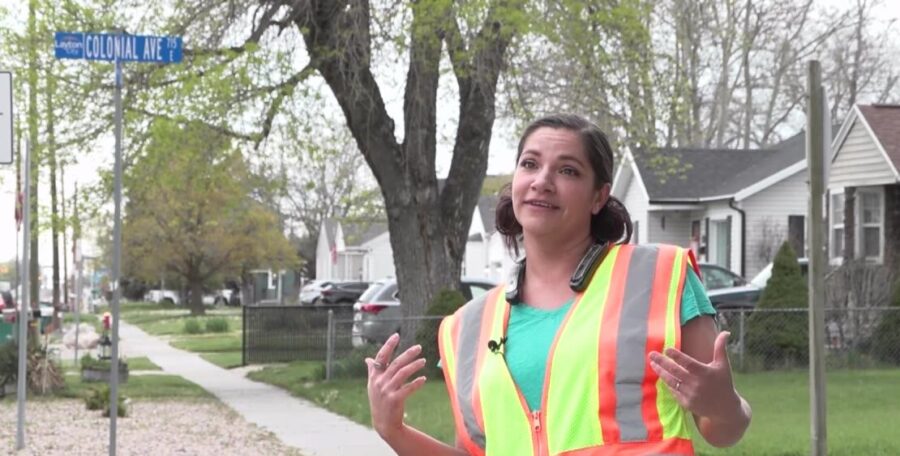How to save on your energy bill during hot summer days
Jun 28, 2022, 4:51 PM | Updated: 8:08 pm
SALT LAKE CITY — When the temperature hits 100 degrees and the nights don’t cool down very much, the power grid feels it, and so do our electric bills. But the power company has been preparing for days like this and we can, too.
On a hot summer weekday afternoon, the demand for electricity is as high as it gets.
“We have a responsibility to be ready and to keep our system reliable, which we work hard to do,” David Eskelsen, spokesperson for Rocky Mountain Power, said.
To meet that peak summer demand, Rocky Mountain Power reviews the electrical system at the end of each summer.
Last year, they identified 55 improvement projects that were completed prior to this summer. Those include increasing system capacity and installing new equipment.
“When the hot weather actually happens, we monitor the performance of the local grid, particularly along the Wasatch Front, because that’s where the biggest load center in the company is,” Eskelsen said.
At home, we can save energy and reduce our environmental impact, especially if we know which appliances use the most energy. The air conditioner is number one, followed by refrigerators, electric clothes dryers, and dishwashers.
“It’s helpful to set the thermostat as high as you’re comfortable. Try 78 for a while and see how it feels,” Eskelsen said.
Make sure your air conditioner is well-tuned and change the filter regularly. Use the dishwasher and electric clothes dryer during the 10 p.m. news so they are not heating the home in the middle of the day.
You can also make a significant change in your electric bill by putting up blackout curtains to help block out direct sunlight. After the news at night, open the windows and let the house cool down to about 72 or 73 degrees, with the right kind of weather.
When the sun starts streaming in early in the day, close the windows and blackout curtains to keep that direct sunlight out. You’ll discover that your air conditioner won’t kick on until later in the day, sometimes not even until the evening.
“Strategic planting of shade trees around the home is also really effective,” Eskelsen said.
If we all save in little ways, it adds up to big savings collectively.
“It’s very possible for that behavior to take 100 MW or so off of the peak demand along the Wasatch Front,” Eskelsen said. “So, it really does make a difference.”
For more money saving tips, and even cash incentives, click here.















